
Creating a list of the top 5 living intellectuals is no easy task. It’s not that finding remarkable individuals is difficult, but because it’s hard to select only five people. Additionally, how should we even rank these brilliant minds to come up with a final list?
We could use IQ as a measure, but we’ve already done that in several articles, such as:
- Top 10 People With Highest IQ In History
- The Top 10 Smartest People in the World
- Who Is The Smartest Person Alive?
- Smartest Person Who Ever Lived
In this case, we wanted to highlight these individuals not solely based on IQ (though everyone on the list has a high IQ) but to showcase people from different spheres of society.
These are people who are not just thinkers but innovators in thought. They question reality itself, pushing us toward understanding life in ways that are bold, raw, and refreshingly new.
Here’s a look at five of the most important living intellectuals today and what makes their voices essential in a world that sometimes seems louder than ever.
Edward Witten – The Physicist Shaping Our Understanding of the Universe
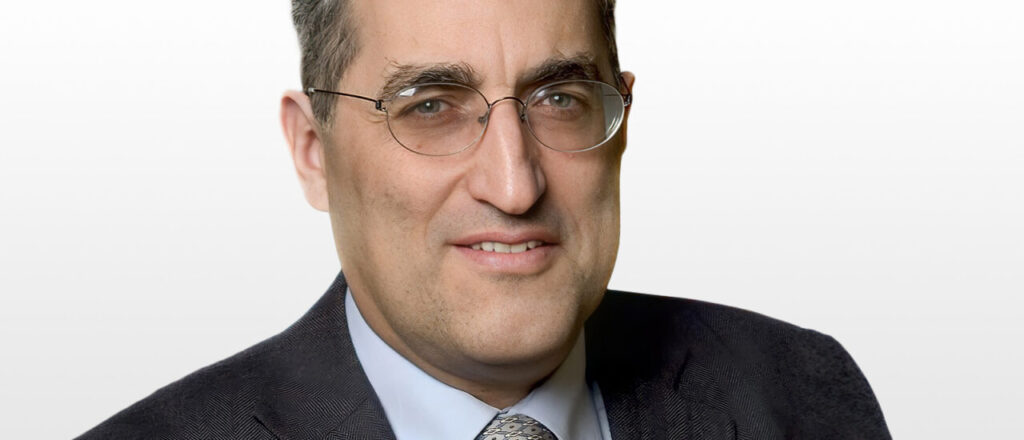
Edward Witten, a physicist and mathematician, is broadly regarded as one of the most brilliant theoretical physicists of our time. His contributions to string theory and mathematical physics have deepened our understanding of the universe’s fundamental forces.
Often considered a modern Einstein, Witten’s work combines the precision of mathematics with profound physical insights that drive modern physics.
One of his most famous contributions, M-theory, seeks to unify the five different versions of string theory, a significant step toward the elusive “theory of everything” that could explain the nature of all forces and particles.
Witten’s impact also extends beyond theoretical physics; he has reshaped fields in mathematics, particularly in topology and geometry, which he applies to problems in quantum field theory.
Interesting fact: Edward Witten is the first physicist to win the Fields Medal, the most prestigious award in mathematics.
Noam Chomsky – The Linguist Who Revolutionized Thought
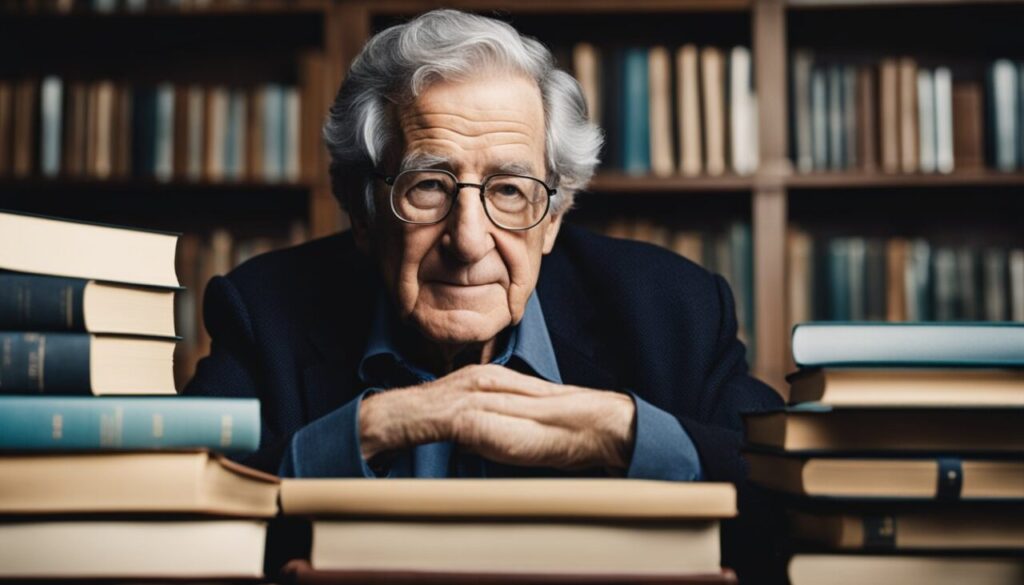
Noam Chomsky, often referred to as the “father of modern linguistics,” has spent his life reshaping our understanding of language and thought.
Back in the 1950s, Chomsky introduced transformational-generative grammar, a innovative theory proposing that language is hardwired into the human brain. This theory flipped the academic world on its head, suggesting that all human languages share universal structures—an idea that would become foundational in linguistics.
Beyond linguistics, Chomsky is a vocal critic of U.S. foreign policy, media, and power structures.
His book Manufacturing Consent, co-authored with Edward Herman, dissected the role of media in shaping public perception. Chomsky argues that the media serves corporate and political interests rather than informing the public.
His views, even though sometimes controversial, have certainly inspired generations to question mainstream narratives and dig deeper into the “why” behind global events.
Interesting fact: Chomsky initially planned to focus solely on linguistics but felt compelled to speak out during the Vietnam War, seeing it as his duty.
Jane Goodall – The Environmentalist Who Redefined Our Connection to Nature
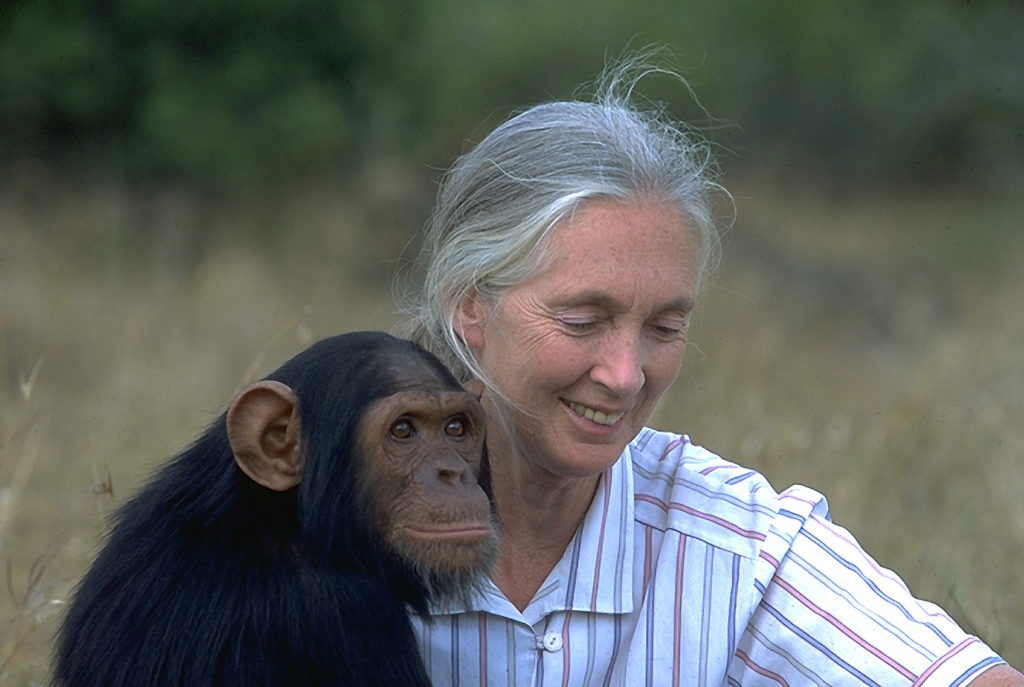
Jane Goodall’s work with chimpanzees has really transformed how we understand our relationship with the animal kingdom. When Goodall first began her field studies in Tanzania in the 1960s, she observed behavior in chimpanzees that shocked the scientific community.
Her findings—that chimpanzees make and use tools, have complex social structures, and show emotions—challenged the long-held belief that such traits were uniquely human.
Goodall’s impact goes beyond her discoveries. She has become one of the world’s most respected environmentalists, advocating for conservation and animal welfare.
Through the Jane Goodall Institute, she continues to champion ethical practices in science and environmental sustainability.
Interesting fact: Goodall was initially criticized for giving the chimps she studied human names rather than using scientific codes, a choice she defended by arguing that each chimp had a unique personality.
Elon Musk – The Visionary Reinventing the Future
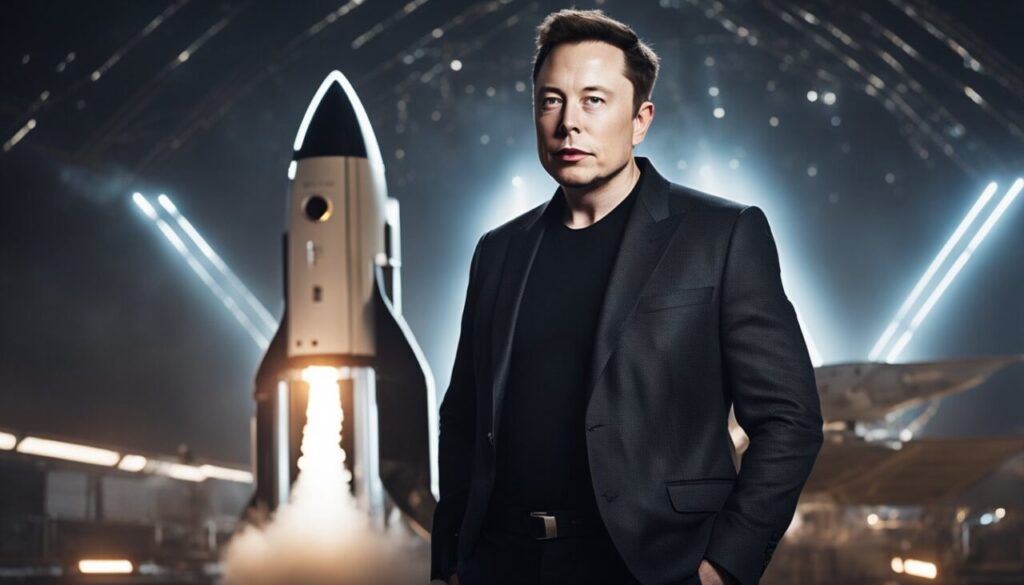
Well everybody knows who Elon Musk is. But he really stands out among other thinkers. While many intellectuals contribute ideas, Musk really brings them to life.
He has an inexorable focus on reshaping the future, working across areas like sustainable energy, space travel, and even brain-computer interfaces through Neuralink.
Musk has made electric vehicles cool and practical with Tesla, creating the way for a shift in the auto industry. But his work with SpaceX is perhaps the most astonishing, achieving what most thought impossible: affordable, reusable rockets. Musk’s vision of humanity as a multi-planetary species is closer to reality because of his daring approach and willingness to risk it all for the big picture.
Interesting fact: Musk taught himself rocket science by reading books, pushing SpaceX to compete with—and often surpass—government space programs.
Cornel West – The Philosopher Challenging Inequality
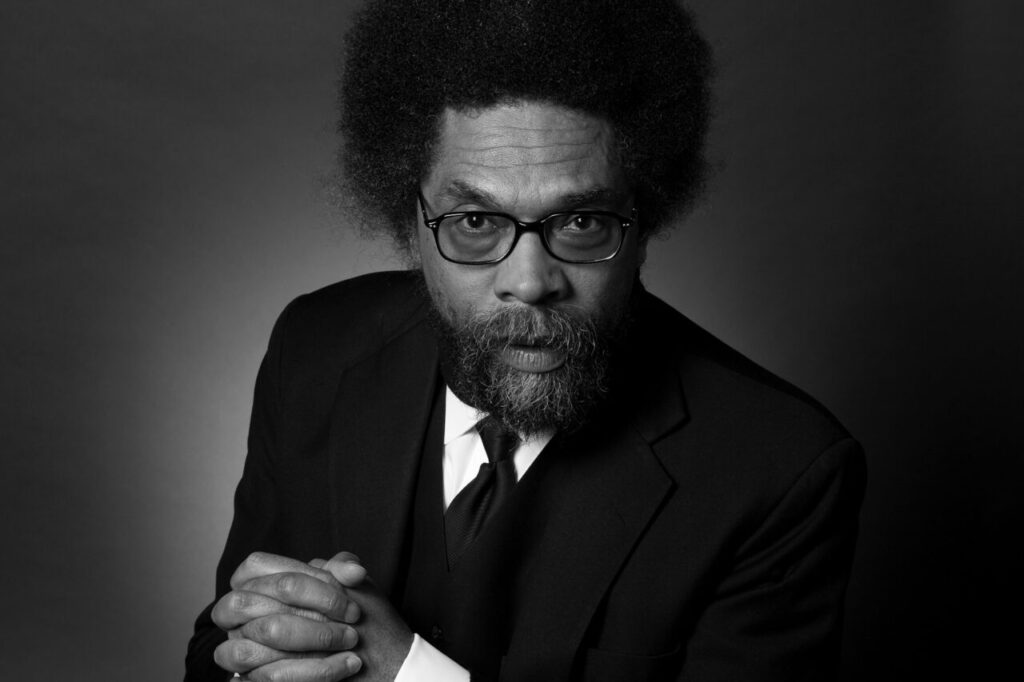
Cornel West, a philosopher and public intellectual, has spent decades wrestling with race, democracy, and justice. His work combines elements of philosophy, Christian thought, and activism, creating a unique approach to the social issues that define modern America. West’s powerful writings, such as Race Matters, have become essential reading for understanding systemic inequality and its impacts on marginalized communities.
West is really a fascinating speaker, blending humor, passion, and deep insight, whether he’s lecturing or giving interviews. His impact extends beyond academia and into social movements, where his commitment to justice is both respected and influential.
He challenges people to look beyond political affiliations and address the deeper moral issues that bind us together. Though often critical of both conservatives and liberals, he has consistently argued for compassion and empathy as essential tools for building a just society.
Interesting fact: Cornel West is also a passionate musician. He sees music, particularly jazz and blues, as deeply connected to his philosophical and social views.




























